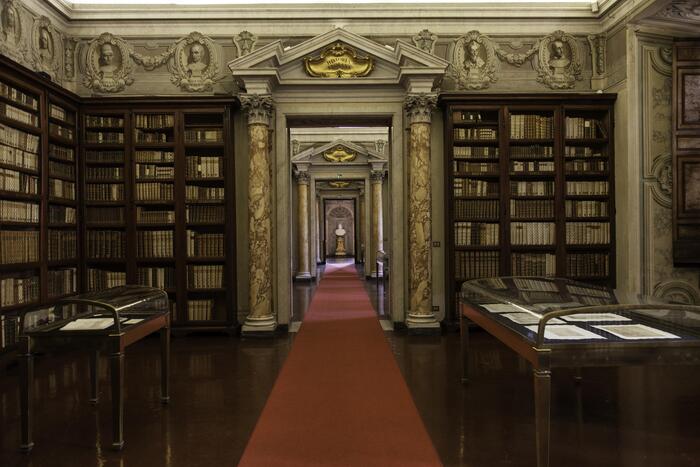An appeal to governments against the use of atomic weapons, in a historical moment in which "there is the risk of a reversal of trend": it was launched by the scientific academies of the G7 countries at the conclusion of the two-day meeting hosted in Rome by Accademia dei Lincei. There are six documents prepared by the academics: in addition to nuclear disarmament, they concern the technological and ethical challenges that artificial intelligence poses to society, the protection of health in a moment of crisis of national services and the risk of new pandemics, an agricultural revolution that respects the environment and enough about technology. Furthermore, for the first time the meeting of the G7 Academies, called Science7 or S7, considered the issues of social inequalities and cultural heritage. The leaders of the Royal Society of Canada, the French Academie des Science, the German Leopoldina, the Science Council of Japan, the British Academy for Great Britain and the Royal Society, the National Academy of Sciences of the United States, participated in the work. In the aftermath of the meeting with the President of the Republic, Sergio Mattarella, the academics handed over the documents to Ambassador Elisabetta Belloni, head of the Italian G7/G20 Sherpa of the Presidency of the Council.
"The G7 Academies ask the leaders of their countries to reaffirm their commitment to moving towards a world free of nuclear weapons and to work towards achieving this objective" and observe that, "after a prolonged period of decline in the number of nuclear warheads, there is a risk of a reversal of the trend". The document notes that "the last decades have seen the cancellation of several treaties on the control of nuclear weapons and, at the same time, the worsening of international tensions" and that "the increase in geopolitical crises and new wars involving countries equipped with nuclear weapons are a threat to regional and global stability." On Artificial Intelligence, the Academies ask that "AI systems be made safe, transparent and reliable, while ensuring the confidentiality of user data". It is also "necessary - it continues - to promote laws that impose the obligation to provide adequate documentation so that users can understand the capabilities, limitations and appropriate scope of the applications". The Health document notes that, while health systems are in crisis and there is still much to be done on primary prevention, climate change could bring new threats to health that must be countered with new technologies. Among the priorities, the document indicates the fight against pandemics" and invites us to "coordinate initiatives on a global scale to identify potential new pathogens and the natural environments in which they grow and proliferate".
The Academies also ask governments for political commitment for an agrarian revolution based on science and new technologies capable of guaranteeing more sustainable crops, respecting soil and water resources and capable of resisting climate change. Academics also call for more specific policies against poverty, defined as surviving on less than $2.15 per person per day, and has increased dramatically. The fight against poverty, we read in the document, involves education and requires "urgently strengthening integrated action by the G7 states". Finally, an agreement between states is also necessary to spread knowledge of cultural heritage. "Culture - we read in the document - has also given shape to the landscape which is our environment and our home, and which as such must be recognized and recognized in its natural, historical and cultural dimension, encouraging its interdisciplinary study and preservation".

